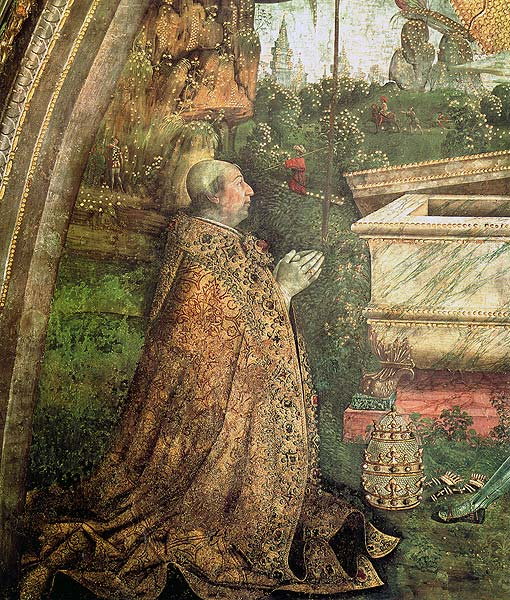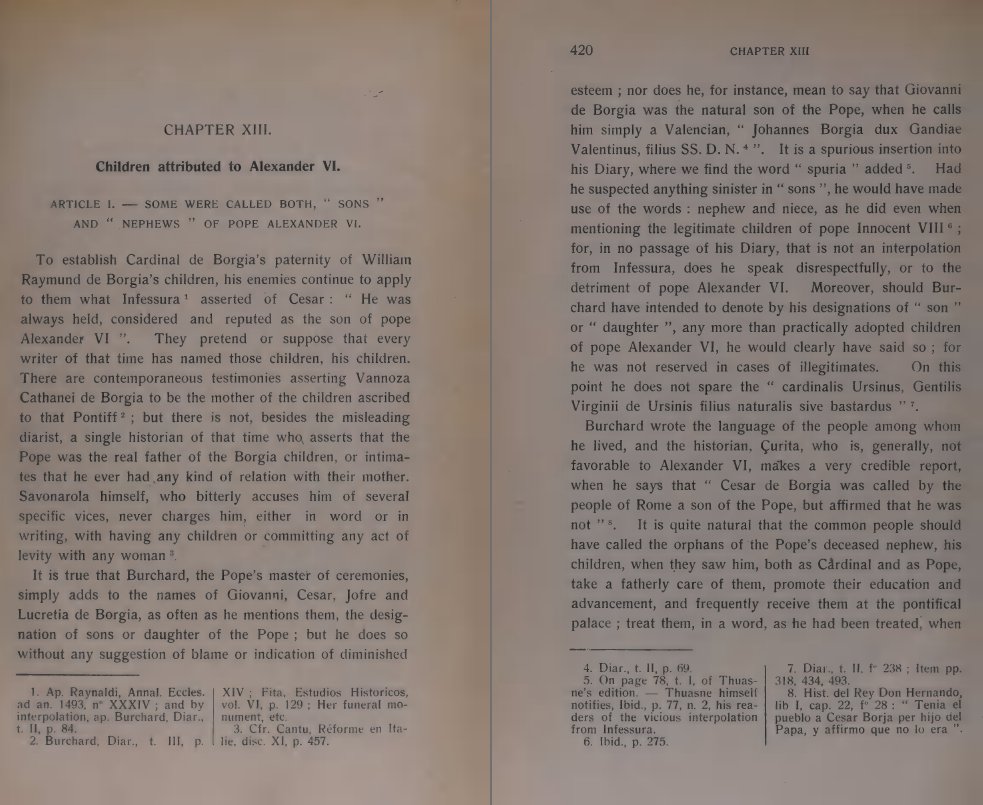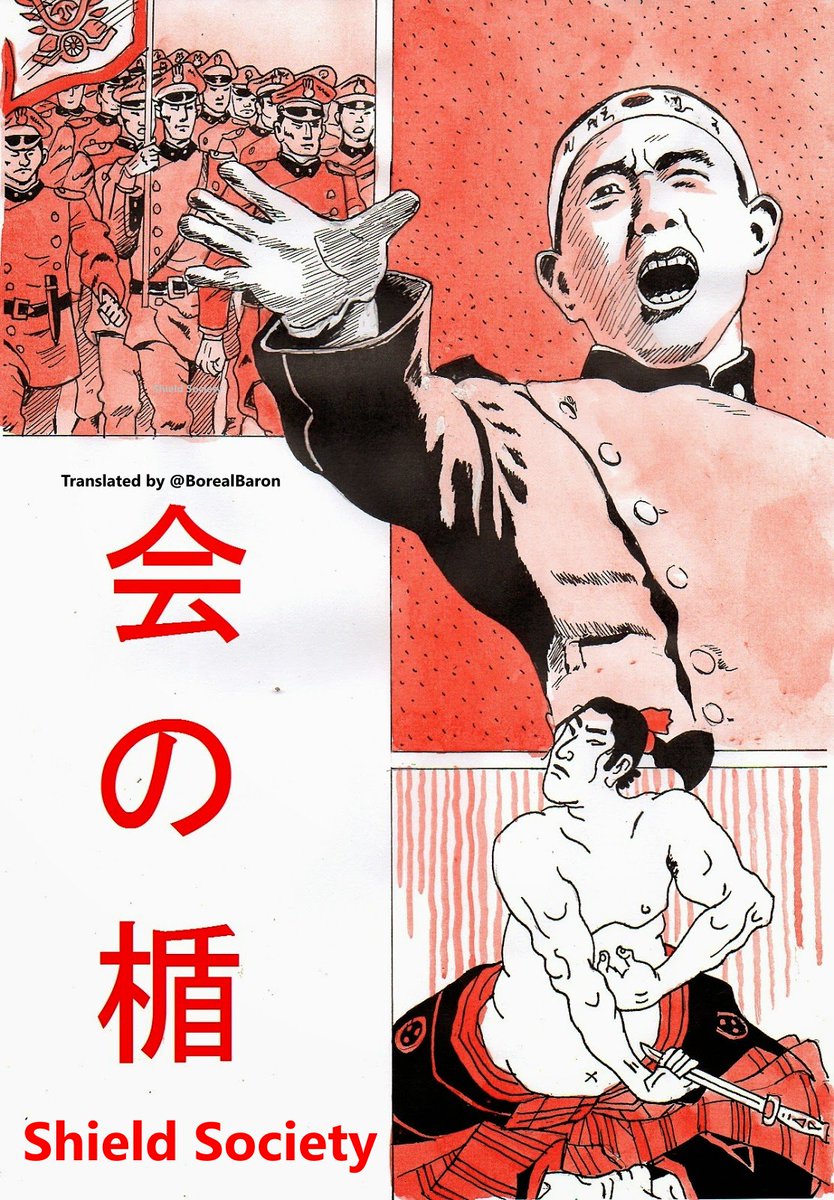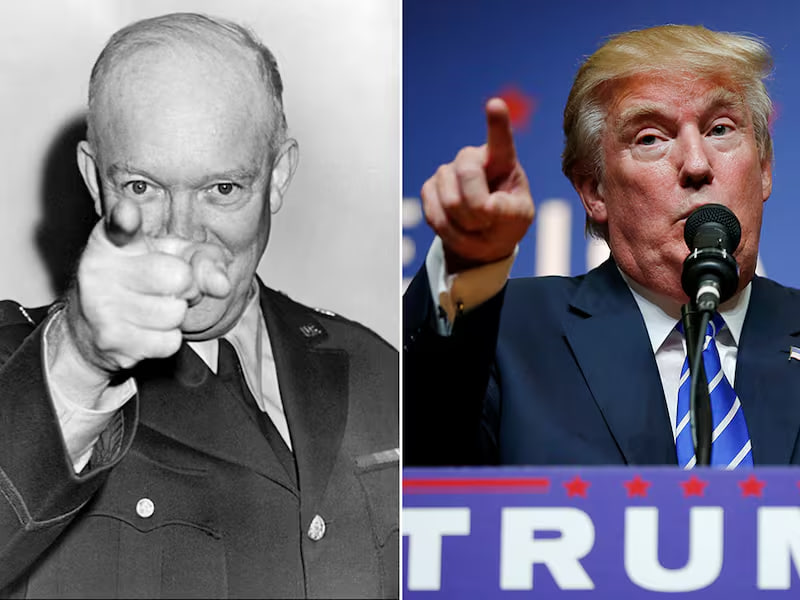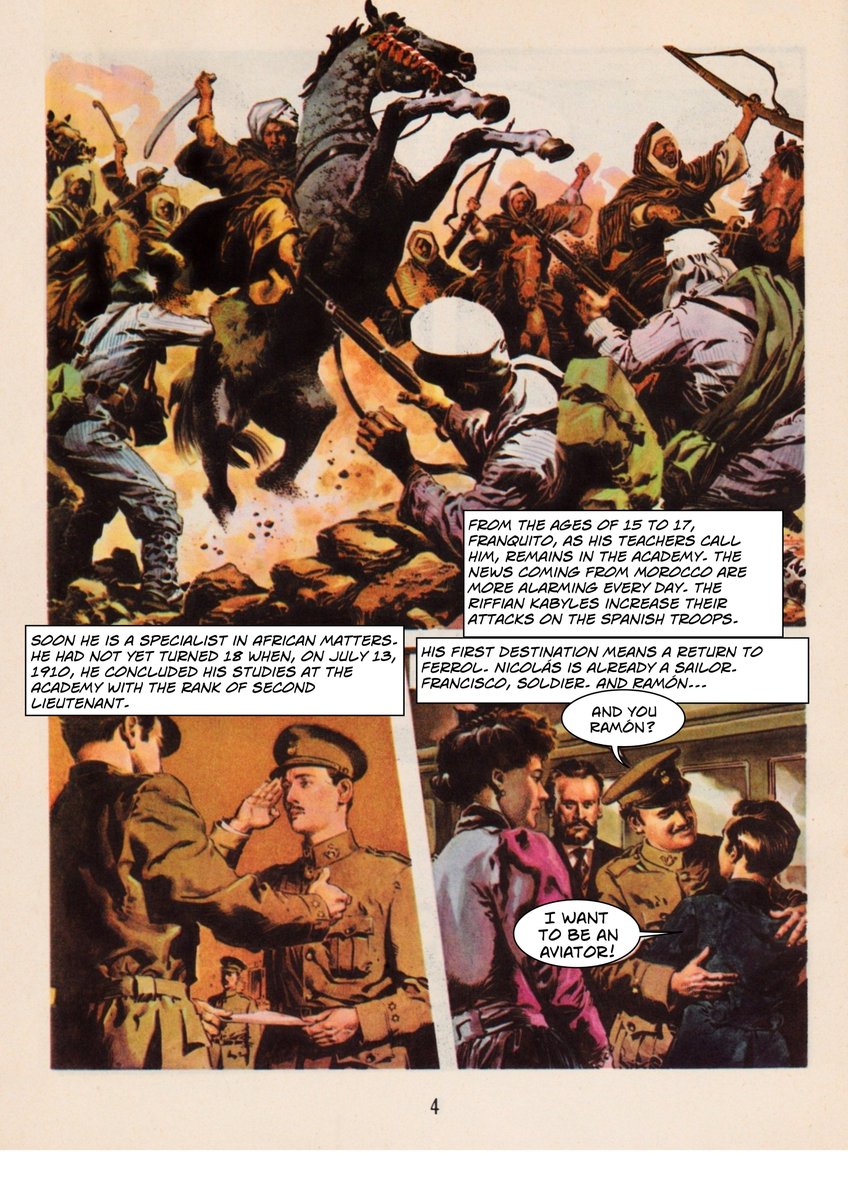The presence of Haitians in Ohio, Syrians in Germany and Iraqis in Australia is a consequence of a policy initiated after World War II. I will talk about the politicians and NGOs working to resettle millions of refugees in the West and what they plan for the future.
Thread 🧵:
Thread 🧵:

After WWII, the U.S. passed the Displaced Persons Act of 1948, allowing around 400,000 refugees, mostly from Germany and Poland, to settle in small towns like Sheboygan, Wisconsin, and Binghamton, New York. President Truman signed the act.




In Canada, the 1951 Refugee Convention led to Hungarians settling in Windsor, Ontario, and Vietnamese in Calgary. The 1967 Immigration Act emphasized "humanitarian aid" under Prime Minister Pierre Trudeau, expanding resettlement.








Australia repealed the White Australia Policy in 1973, permitting refugees from Vietnam, Iraq, and Afghanistan to settle in towns like Wagga Wagga and Shepparton. Prime Minister Kevin Rudd’s 2007 program resettled thousands in regional areas.






The U.S. Refugee Act of 1980, under Carter, allowed for 50,000 refugees, including Vietnamese and Cambodians. Many settled in Houston and San Diego. The International Rescue Committee, founded by Jewish leaders, received over $40 million for resettlement. 

In the 1990s, Canada saw a surge of Somali and Yugoslav refugees, mostly in Toronto and Vancouver. The Immigration and Refugee Protection Act of 1999, led by Minister Elinor Caplan (yes, lol), expanded resettlement efforts.




Australia’s 2007 Refugee and Humanitarian Program focused on Iraqi and Afghan refugees, many settling in Melbourne and Sydney. The Australian Red Cross got more than $20 million in government funding for resettlement, along with the Salvation Army.






The 2015 European refugee crisis led to Germany, under Angela Merkel, to implement the Integration Act ("Integrationsgesetz"). Refugees from Syria and Afghanistan settled in Bonn and Hamburg, with Caritas receiving millions in support.




Caritas is a German Catholic not-for-profit organization. It is the largest welfare organization and largest private employer in Germany.




Spain’s 2011 Asylum Law ("Ley de Asilo") enabled the resettlement of refugees from Syria and Venezuela. The Spanish Red Cross received over €13 million in government grants for its resettlement programs. 

France’s "Réfugiés: un nouvel accueil" program, started by President Hollande in 2016, aimed to resettle Syrian refugees. France Terre d’Asile received about €15 million to assist with housing and job placement. 70% of their funding comes from the minister of the interior.




The U.S. Local Sponsorship Program, launched in 2016, allows local entities to sponsor refugees. This transferred the effort to local "communities." Catholic organizations and the Lutheran Immigration and Refugee Service manage budgets exceeding $100M annually for resettlement




The Trump administration cut the refugee admissions cap from 110,000 in 2017 to 18,000 in 2020, impacting NGOs like the International Rescue Committee, which lost about $30 million in federal grants for resettlement efforts. 

In Canada, the Liberal government committed to resettle 25,000 Syrian refugees in 2015, providing over $30 million to organizations like the Refugee Council of Canada for housing and "integration." 

The Biden administration raised the refugee admissions cap to 125,000 in 2021, allocating over $1 billion for resettlement. Major grants went to organizations like HIAS and the IRC.




Organizations like Jewish Family Services focus on job placement, while the Islamic Society of North America caters specifically to Muslim refugees.




All these organizations received substantial federal grants for resettlement. In the case of Catholic organizations, they manage a budget exceeding $200 million annually, funding services such as legal aid and job training. 

In Germany, local municipalities partner with organizations like Caritas and Workers' Welfare Association (Arbeiterwohlfahrt). Funding goes towards housing and job placement. 

In the U.K., the Community Sponsorship Scheme, launched in 2016, lets religious organizations, including churches and mosques, sponsor refugees. The government provides grants totaling over £10 million for these "community" initiatives. 

Budgets for refugee resettlement vary widely. In Hungary, under Prime Minister Orbán, the government cut refugee support funding from €36 million in 2015 to under €2 million by 2021. 

In Canada, the Mennonite Central Committee has been instrumental in resettling refugees in rural areas like Manitoba. They received government grants exceeding $20 million to manage resettlement. 

The IRC in the U.S. has partnered with companies like Starbucks and UPS for job training programs for refugees. 

Western countries have shifted policies to resettle refugees in small towns. Politicians argue this reduces "urban strain" and creates economic growth. President Biden said that this was a way to revitalize rural areas during speeches in 2021. 

In Germany, politicians advocate for refugee placement in smaller communities to balance population distribution. Merkel emphasized the need for this approach to "ease tensions in cities" and "promote acceptance in rural areas." 

An now leaders like Emmanuel Macron are talking about "climate refugees," warning that millions could be displaced in the coming decades. As we can see, their plan is to expand the number of refugees because they have expanded the definition of refugee itself.







• • •
Missing some Tweet in this thread? You can try to
force a refresh











